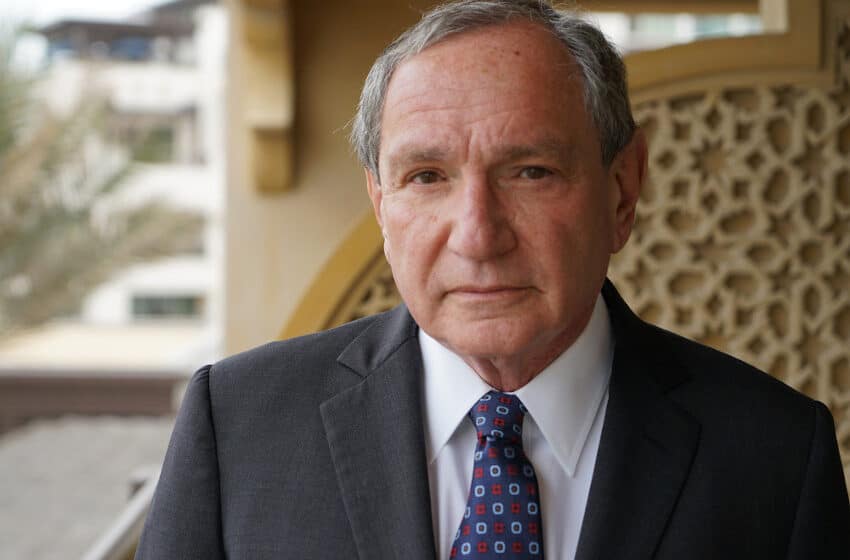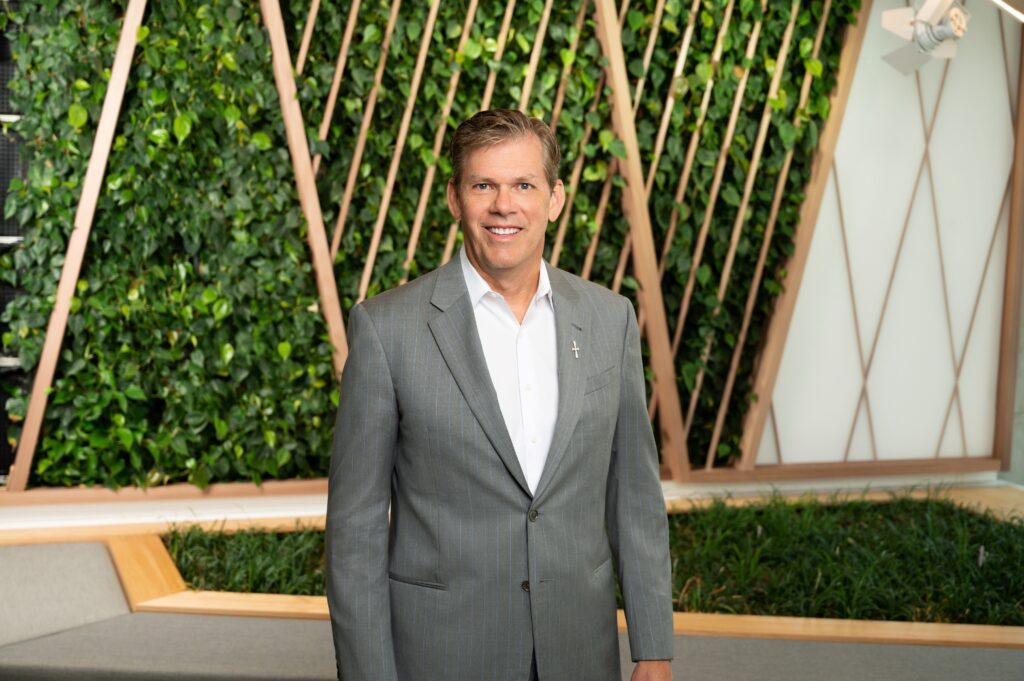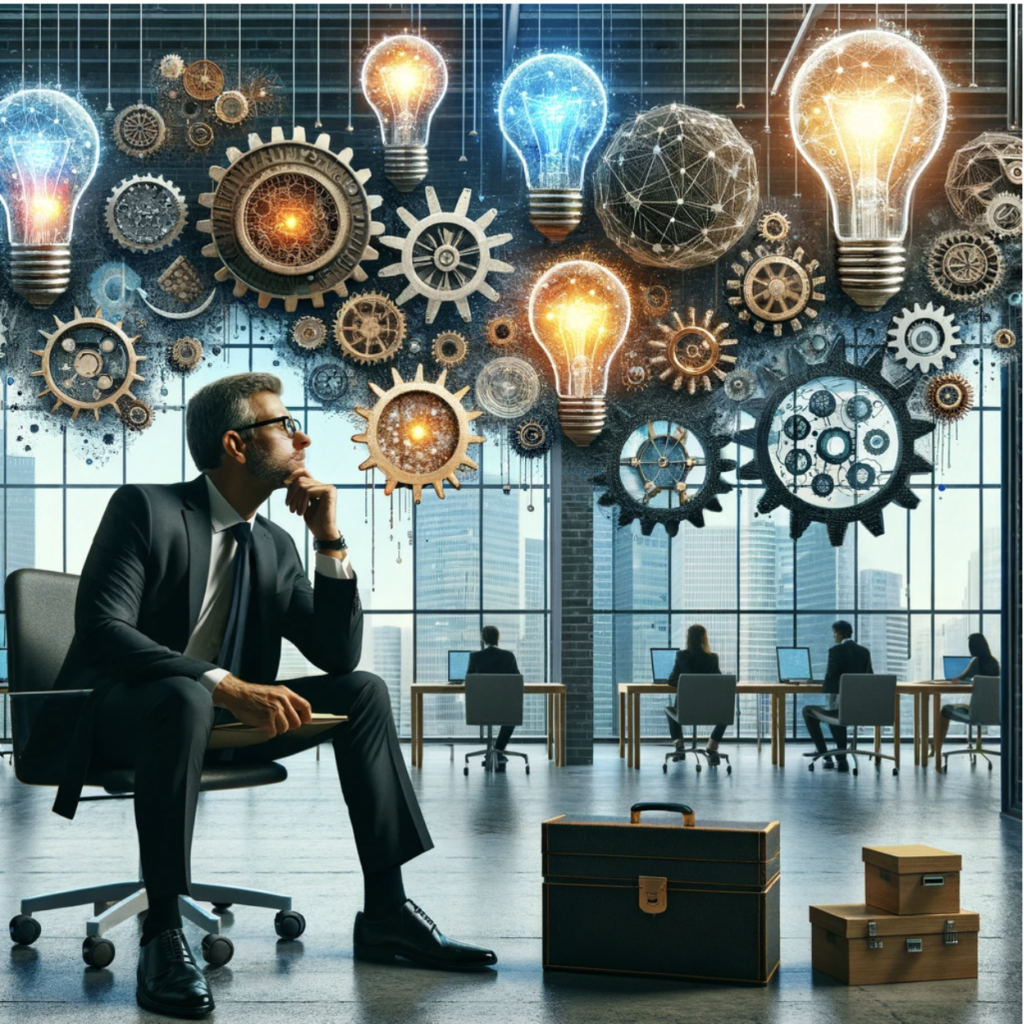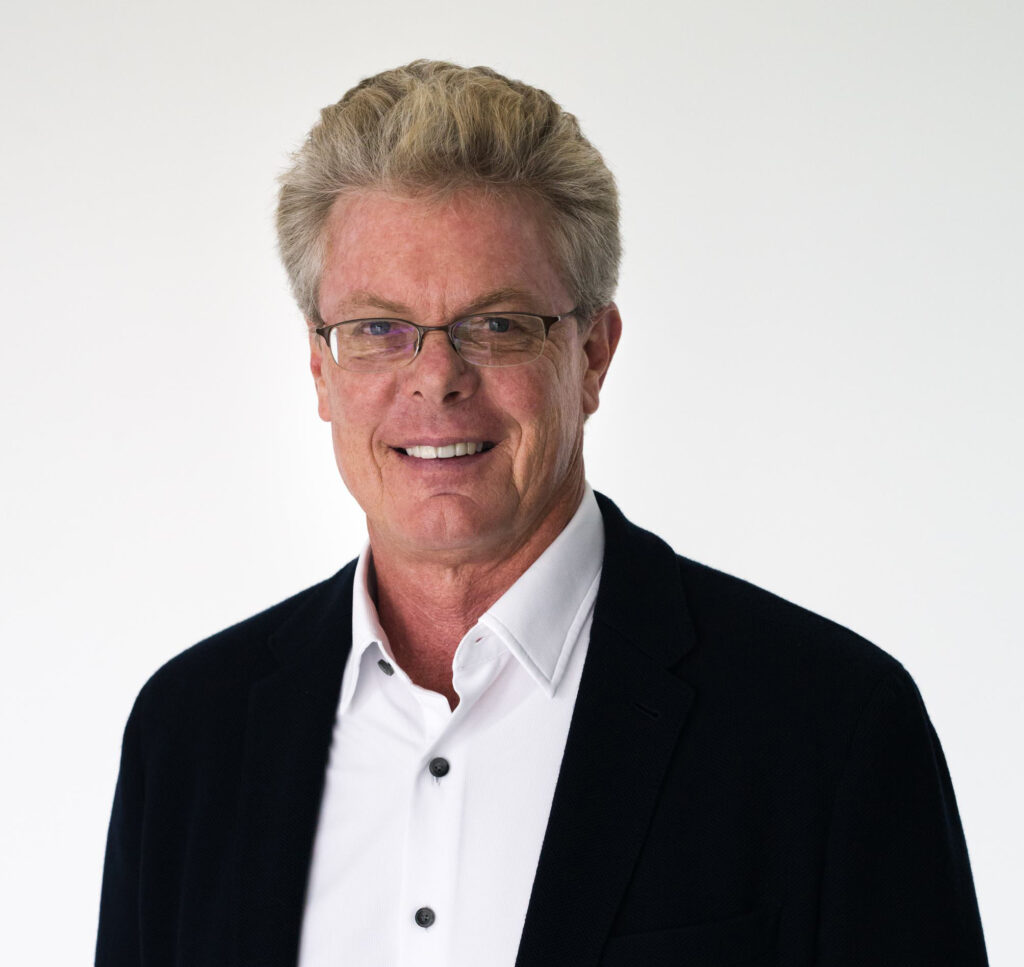Looking Past 2020: A Global Forecasting Session with Dr. George Friedman

“This is a wonderful time to be talking about the future,” said international strategist Dr. George Friedman, “because the present ain’t that great.”
This statement kicked off Dr. Friedman’s online forecasting session with Texas CEO Magazine, sponsored by Texas Mutual Insurance Company, on September 29, 2020. Over the following hour, he discussed the tumultuous times we find ourselves in—and what may lie ahead.
If you’ve read Dr. Friedman’s books, including his latest, The Storm Before the Calm, you know that he takes a unique, cyclical view of United States history. Dr. Friedman describes two primary cycles that have been operating since the country’s founding: The first is the institutional cycle, which sees major revisions to the structural institutions of the country every 80 years, from the founding to the Civil War to WWII to now. The second is the socioeconomic cycle: 10 years of chaos every 50 years, spurred by new technologies and economic structures. And what’s special about 2020 is that, for the first time ever, we’re entering a time where the crux of each of these cycles is occurring simultaneously.
What does the institutional (80 year) cycle look like today? For Dr. Friedman, it’s largely the problem of expertise. In the decades after WWII, experts rose to prominence, developing ingenious solutions to increasingly specialized problems. But with every advance we made, these experts become more siloed, working in isolation on more and more complex issues. This resulted in a growing web of knowledge and rules that eventually began to override common sense. “The experts cannot anticipate the problems that citizens have,” said Dr. Friedman. That is echoed in governmental structures, which have become unmanageable precisely because they lack a layer of common sense. Said Dr. Friedman: “The experts don’t know how to work with each other, so we get 15,000 pages of regulations on healthcare. . . . This is a crisis.” Dr. Friedman noted that the institutional crisis is usually solved with war: Revolutionary, Civil, World War II. But today, “we’re not having a war—we just don’t know how to be the world’s leading power.”
What about the socioeconomic (50 year) cycle that’s also coming to a head in the 2020s? For Dr. Friedman, it manifests itself in a crisis of innovation. The microchip, now 50 years old, has matured. New developments around it are incremental, not the breakthroughs we saw before. Something new has to come along now, said Dr. Friedman, and it probably will. But right now, the socioeconomic situation has “become unsustainable, and therefore we’re having social unrest”—including around race, which Dr. Friedman described as the “original sin of the United States.” Covid is certainly an exacerbating issue, said Friedman, but assuming we get it controlled within a year, it will likely be just another hurdle we jumped, like so many others.
Throughout the session, Dr. Friedman had plenty of other bits of wisdom to share:
On Covid’s impact on universities:
“The university will collapse. It’s untenable. The universities are living on cash flow, and there isn’t going to be cash flowing. We’re going to transform our entire education system. We were going to do it anyway, but certainly Covid did speed it up.”
On emerging technologies:
“The best investments look the most preposterous. Technology is driven by society’s needs. When we started to build factories in cities, we had to be able to work in those cities nights; so electricity was implemented by Edison. When we got the automobile, we had to change land-use patterns and build the suburbs. When data had to be organized, the microchip did that. What’s the problem now? The basic problem is demographic: We’re living longer and longer, and Millennials are having fewer and fewer babies. In about 20 years, people over the age of 70 will outnumber those below the age of 40. . . Where do I think the investment will be? In all sorts of medicine that we’re not thinking about now.”
On the state of the energy industry in Texas:
“Texans have learned to deal with the boom and bust. One of the things to look at is diversifying in minerals off of oil. The world will always need minerals. Texas, I suspect, is full of minerals, and it would be nice not to have Houston wide open to decline in oil prices.”
On why he moved to Texas 20 years ago:
“When I moved here, I picked Texas for a reason. It was wide open, it was informal, it was the place to be. Coming to Texas was a no-brainer for me, and I’ve never regretted it for a day.”







